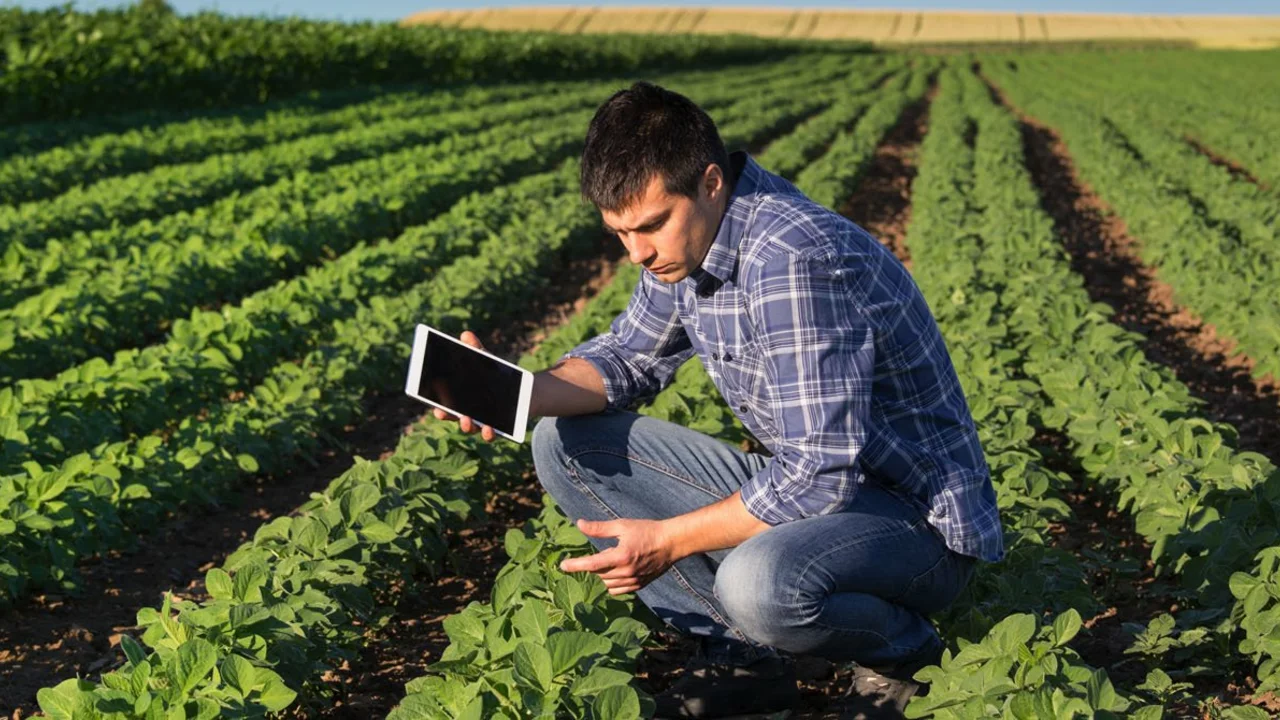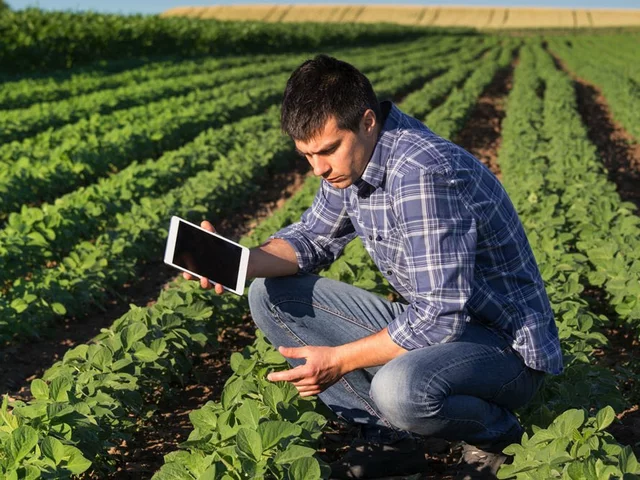Do farmers need business licenses?
Shaking the Haystack: Understanding Business Licenses for Farmers
Whisper this out loud to yourself, "Farming is a business". A bit louder now, "Farming is a business!" Yes, you've got it! Just like every other business, farming can require permits and licenses too. But, let's dive deeper into this hayloft.
Just last evening, my Russian Blue, Whiskers, was batting gleefully at a screenshot I'd taken of a municipal bill that an old buddy from my pig farming days had sent me. He was incensed at the unexpected outlay of costs to meet a newly implemented regulation in his locality. This got me thinking, how many farmers out there actually are aware of the need for business licenses in their line of work?
Arming Farmers with Knowledge: The What and Why of Business Licenses
Alright now, let's consider why a business license might be necessary for farmers. But before we step any further into the muddy agricultural puddle this is about to become, let's fine-tune what a business license actually is. Picture this – a business license as a kind of permission slip granted by a local government authority to allow the operation of a business. Now, think of it as a farmer's golden seed. It essentially validates the legitimacy of the farmer’s operations.
Why so? Consider it this way. Say you're hosting a good old Aussie barbecue for friends. Now, you'd want quality meat, right? But what if the suppliers at the market are operating without regulation right under the nose of the authorities? Sounds precarious, right? That’s why licenses are needed - for regulation, accountability, and quality control - ensuring the steak on your Aussie grill is safe and every bite is utterly delicious!
Green Thumbs and Red Tapes: Do Australian Farmers Need Business Licenses?
Continuing on our agrarian road trip, let’s consider Australia. Obviously, farming operations differ across the globe, and rules in one country may not align with others. So while Whiskers sharpened her claws on an unsuspecting spool of twine, I pored over Australian legislature on agriculture and business licenses.
The key is not to think of a business license as this monstrous barricade to your agricultural paradise, rather see it as a helpful guard that’s there to protect the welfare of not just the farming community, but also the consumers and the country’s economy. In Australia, depending on the kind of farming business one intends to run, multiple licenses can be required. These can range from water licenses, licenses to work with organic fertilizers, safety and health licenses, licenses for commercial breeders, and more.
Seeds to Sow: Securing That Farmer's License
Now to the "HOW" of it all! Cracking the licensing game isn't as cryptic as it sounds. It involves a few steps. Start with a bit of research on the farmers' authorities' websites and online agricultural resources. It's easier than flipping pancakes, mate.
Gather all your relevant documents and submit them for review. The documents required range from proof of land ownership or lease, planned farming practices, and sometimes even require detailed plans of water usage. Be well prepared; just like when you plant your crops, this process needs you to be patient and thorough.
A Tale from Personal Experience
Geez, do I have a story for you! A few years ago, I was ready to take a shot at growing some pumpkins on a small patch in my backyard. Not commercial-scale, mind you, but sizable enough to mean serious business. Thinking I was going to be the Next Great Pumpkin King, I went all in - farm tools, seeds, fertilizers, and even a scarecrow! Then out of the blue, a local council officer turned up, professional as a lawyer, serious as a tax audit.
Apparently, a nosy neighbour had reported me for an unlicensed farming operation, can you believe it? As it turned out, anything of the scale I was attempting did need a license even though I hadn't planned on selling the crops! Whilst not a major mishap, it certainly taught me a good lesson - agriculture, be it on any scale, needs to stay thoroughly within the regulatory framework.
In closing, it's clear that business licenses are crucial for farmers for both ensuring consumer safety and maintaining the quality and sanctity of the farming industry. Getting the required licenses might sound daunting, but in all truth, embarking on the journey with a good understanding makes the path easier. Be prepared, be patient, and most importantly, keep the regulatory requirements in mind and they can be your allies rather than your enemies. And always remember, even if the licensing process feels like an unruly bovine, there's always a way to wrangle it back on track!







